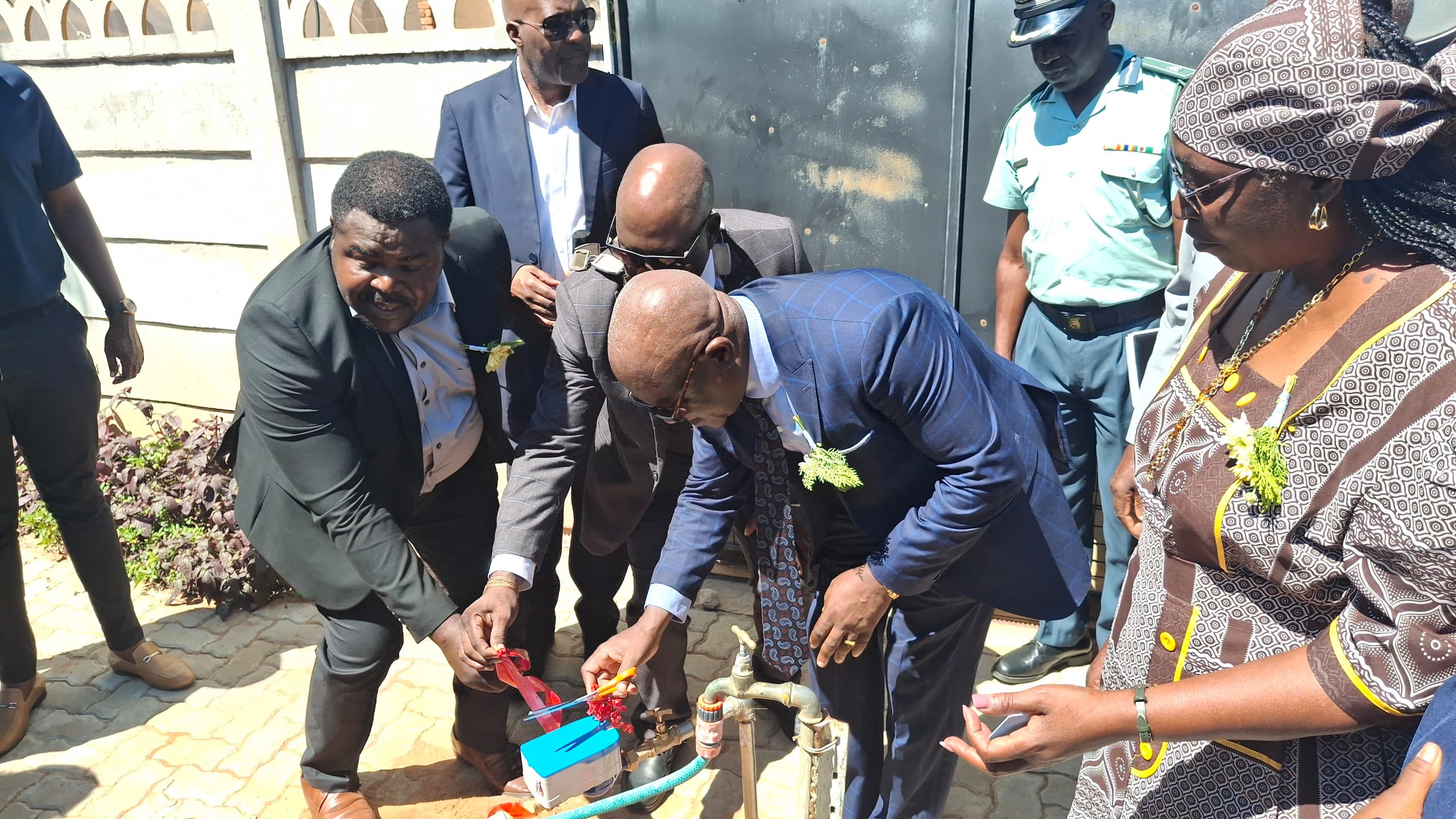A total of 35 002 households in the Kunene region are currently receiving drought relief food.
This is out of 78 495 residents in the region who are food insecure this year.
The figures were revealed by the Kunene governor Marius Sheya during the state of the region address on Friday.
“To respond promptly and ensure that vulnerable communities are not affected by the drought situation, we have 35 002 households receiving drought relief in the region,” Sheya said.
The households are currently receiving a 20kg of maize meal, a 750ml bottle of cooking oil, 400 grams of tinned fish and 750 grams of soya mince.
Sheya noted that the Office of the Prime Minister conducted an annual livelihood vulnerability assessment and analysis in May and June, which predicted that the drought situation is expected to remain the same from October 2024 to March 2025.
“To mitigate the effects of climate change and safeguard livelihoods, president Nangolo Mbumba declared a state of emergency due to the drought, effective 22 May,” he said.
SOCIAL SECURITY
Sheya said under the regional social security net, a total of N$6,8 million is spent per month to administer government maintenance grants to 27 505 beneficiaries.
He added that a total of N$11 million is spent monthly on old age grants to 8 536 beneficiaries, while N$4,5 million is spent monthly on disability grants to 3 240 beneficiaries.
“Social security nets protect elderly and vulnerable people against the pressures of poverty and hunger, these social support systems give poor households income security and reduce inequalities.”
LAND REFORM
The governor said during the period under review, the Ministry of Agriculture, Water and Land Reform acquired one farm, which is a remaining portion of the farm Vaalwater with a total size of 2 948 hectares.
“Thirteen farms were offered to the state for assessment and demarcation purposes. Two beneficiaries (males) from Kunene were resettled at farm Babelsberg No. 637 and the remaining portion of the Farm Vaalwater No. 283,” he said.
In communal areas, 256 customary land rights, 12 leasehold land rights and four occupational land rights were ratified and approved by the
Kunene Communal Land Board, he said.
“During the period under review, three staff members were recruited with the responsibility for communal land registration, while six who were recruited under the National Youth Service were recruited for caretaking services and guarding of acquired resettlement farms,” Sheya said.
Stay informed with The Namibian – your source for credible journalism. Get in-depth reporting and opinions for
only N$85 a month. Invest in journalism, invest in democracy –
Subscribe Now!










